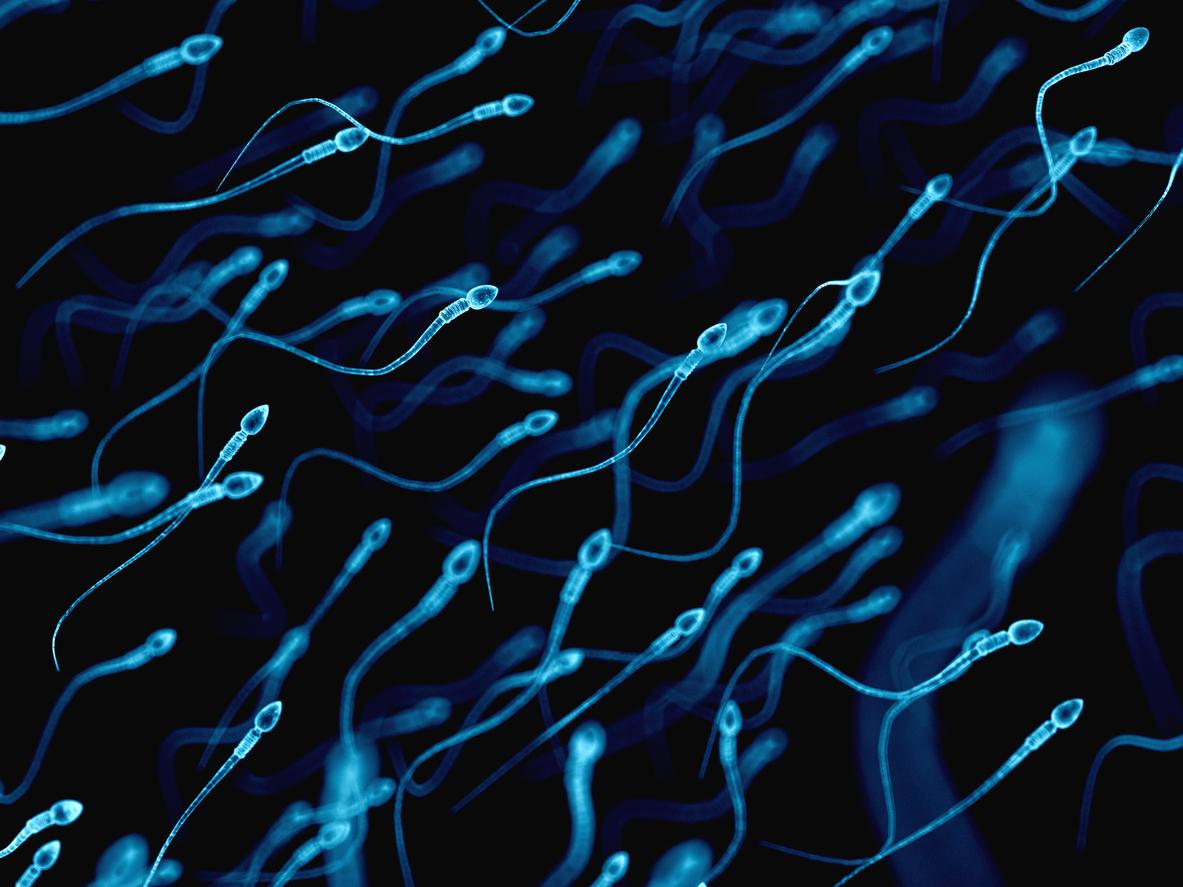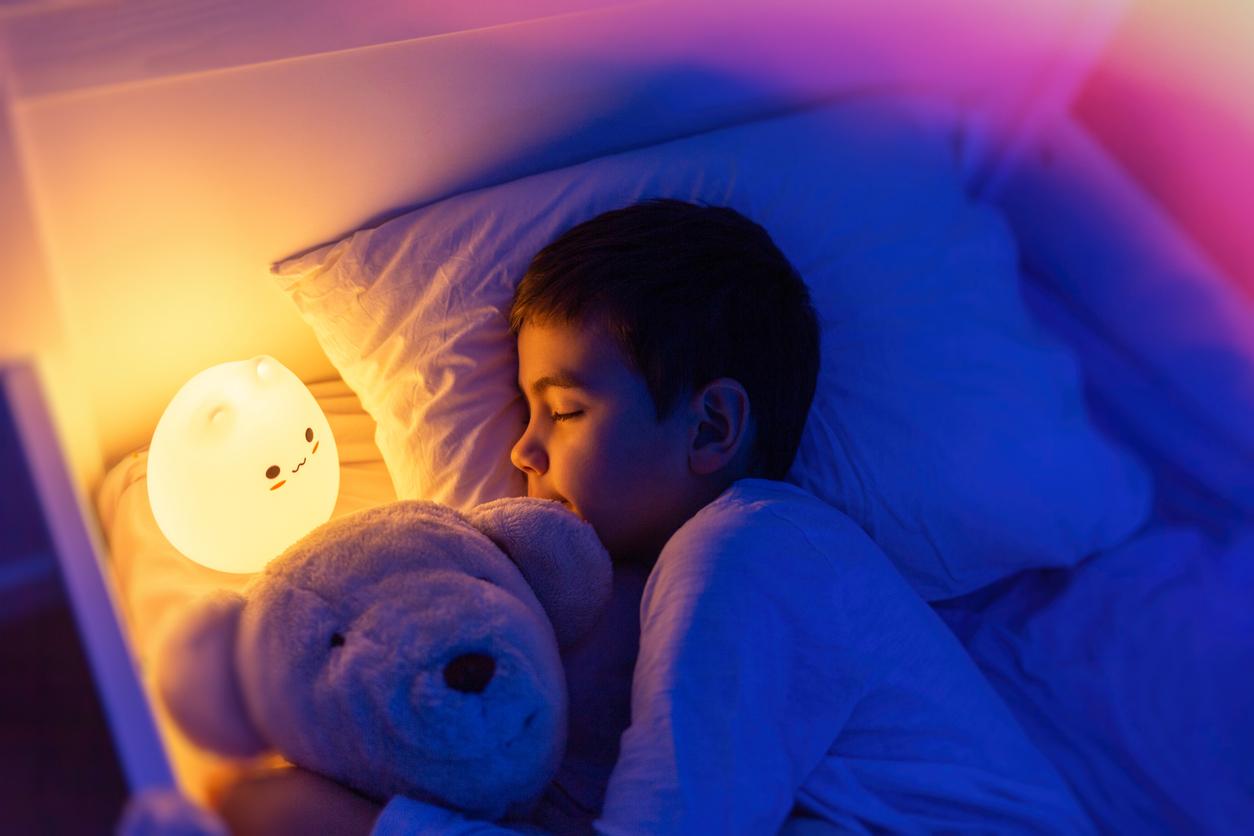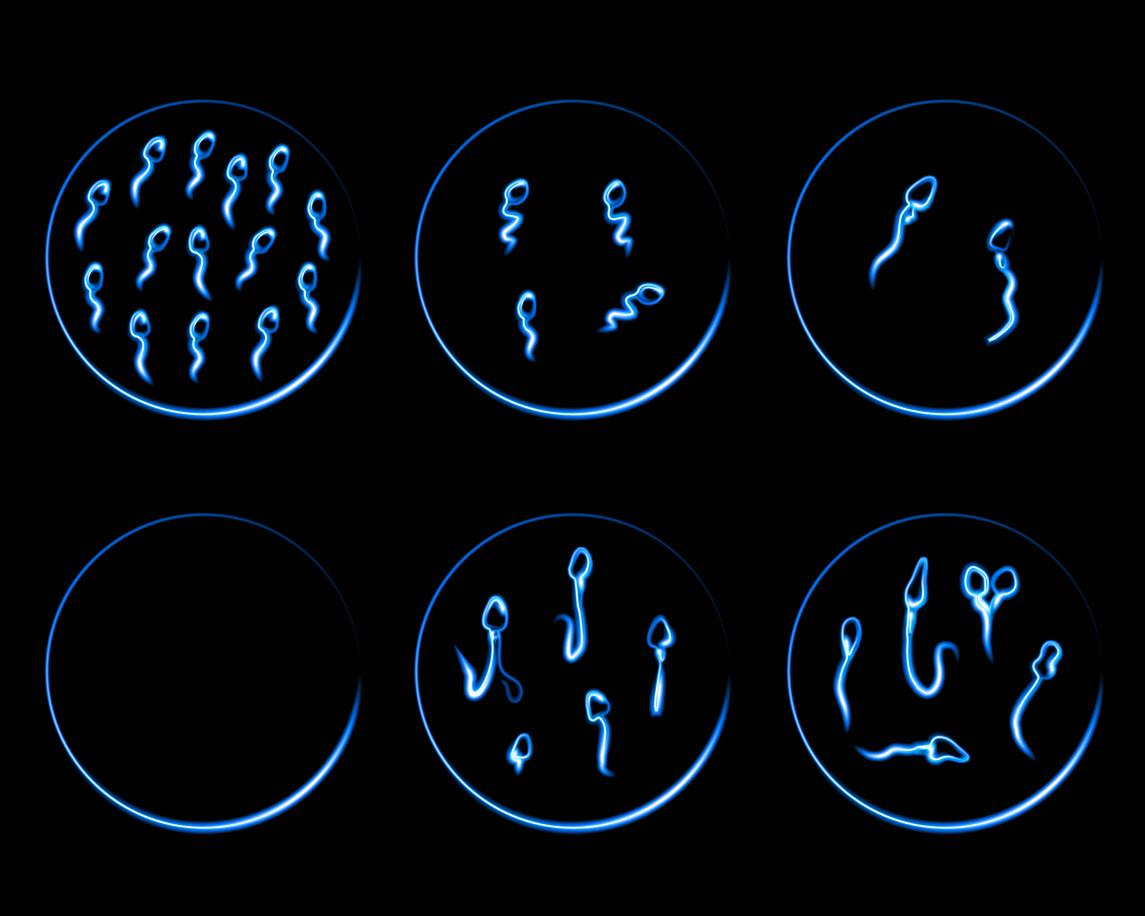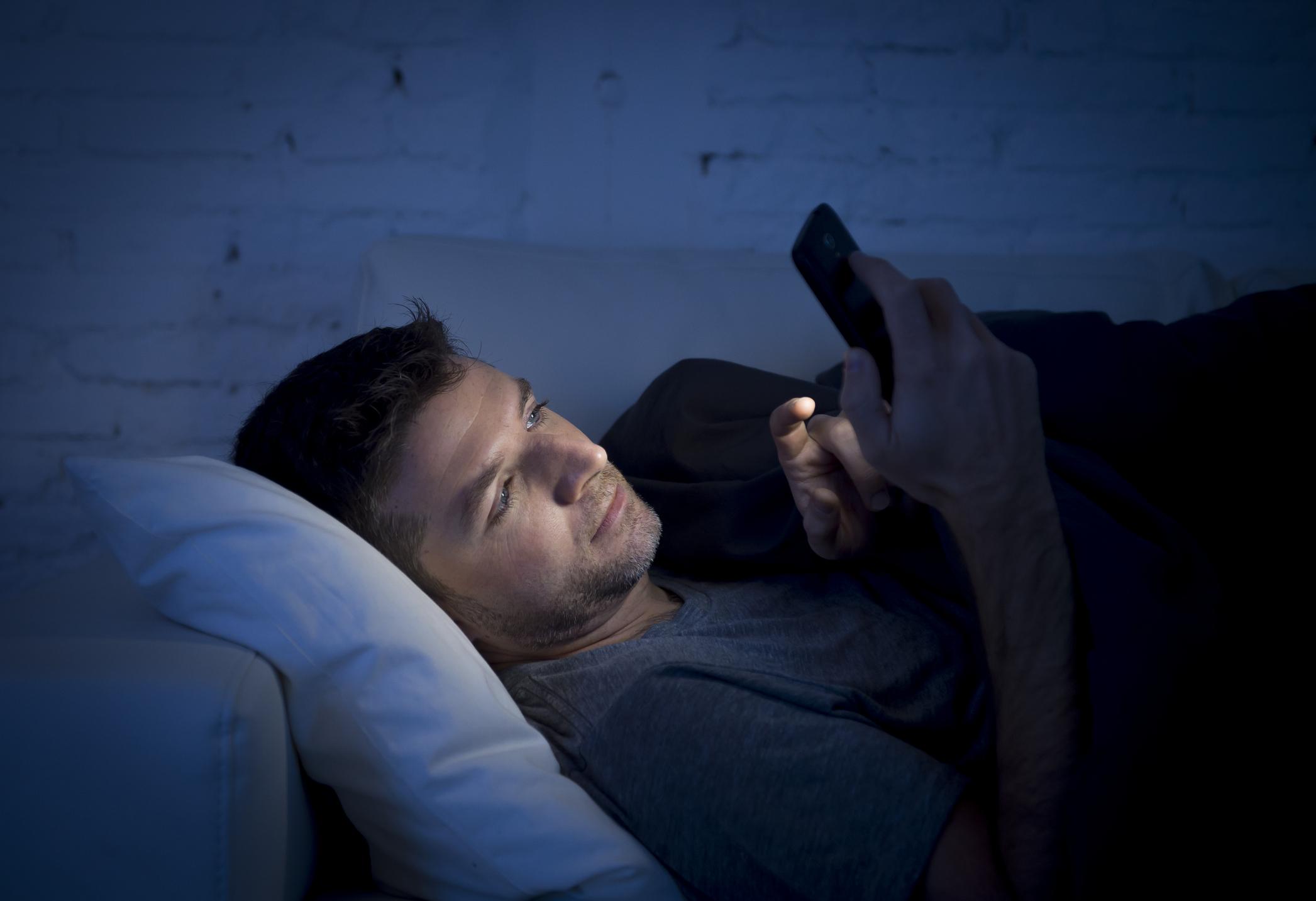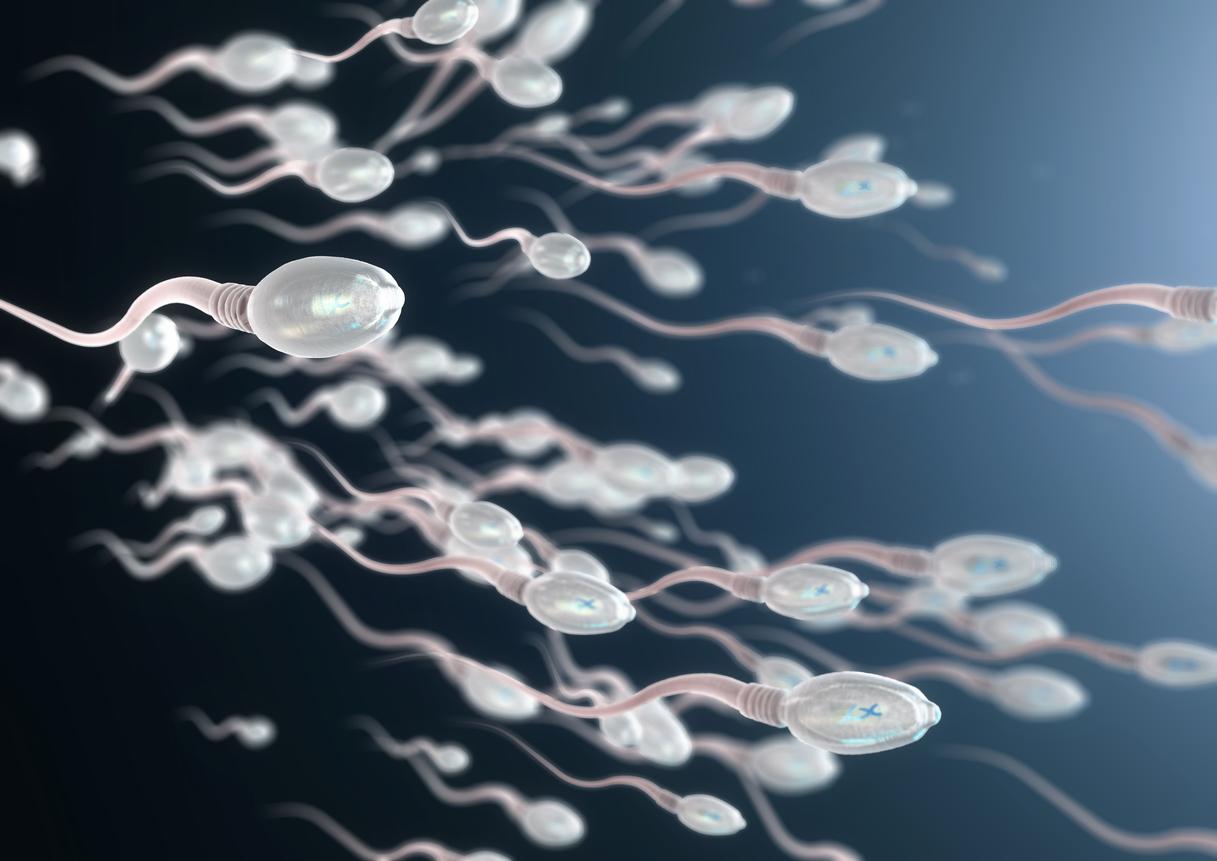According to an Israeli research, the lights emitted by the screens at night harm the quality of the sperm.
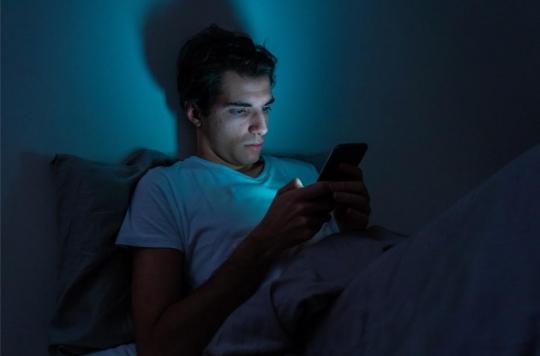
Men better leave their smartphone on their bedside table. When they use it at night, the blue light it emits is harmful to the quality of sperm. Israeli researchers have shown this in a study presented at the SLEEP congress of the American Academy of Sleep Medicine. “To our knowledge, this is the first study to report this type of correlation between sperm quality and the time of exposure to lights emitted by digital tools, such as smartphones or tablets, in the evening and after bedtime.notes Amit Green, the lead author of this research.
Several analysis criteria
For this study, 116 participants, aged 21 to 59, were recruited. They agreed to provide semen samples to the researcher. At the same time, they answered questionnaires on their sleep habits and their use of electronic devices. “Use of smartphones and tablets in the evening and after bedtime is correlated with a decline in sperm qualityemphasizes Amit Green. Additionally, smartphone use at night, tablet use after bedtime, and television at night are all correlated with a decline in sperm concentration.” Generally, semen is composed of 40 to 200 million spermatozoa per m3. The researchers also analyzed the progressive motility of sperm, which they define as its “ability to swim properly”. Men using their electronic devices late at night had a percentage of sperm “motionless” higher than other participants. The scientists also found that the longer the sleep duration, the better the sperm quality.
Avoid screens at night
In general, screens are to be banned in the evening. It is recommended to stop using them at least one hour before bedtime to avoid inconvenience. The light emitted deceives the brain which confuses it with daylight, which can be a source of insomnia. In 2018, an American study showed that excessive use of screens can cause blindness. Blue light activates a specific molecule of the photoreceptors in our eyes, and if it is activated for too long, it becomes toxic. Eventually, this degrades photoreceptors and can cause or accelerate age-related macular degeneration (AMD).
.








